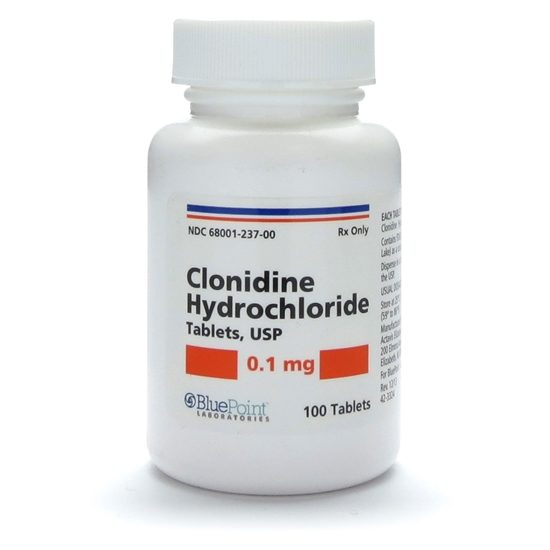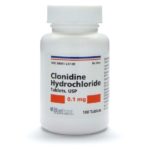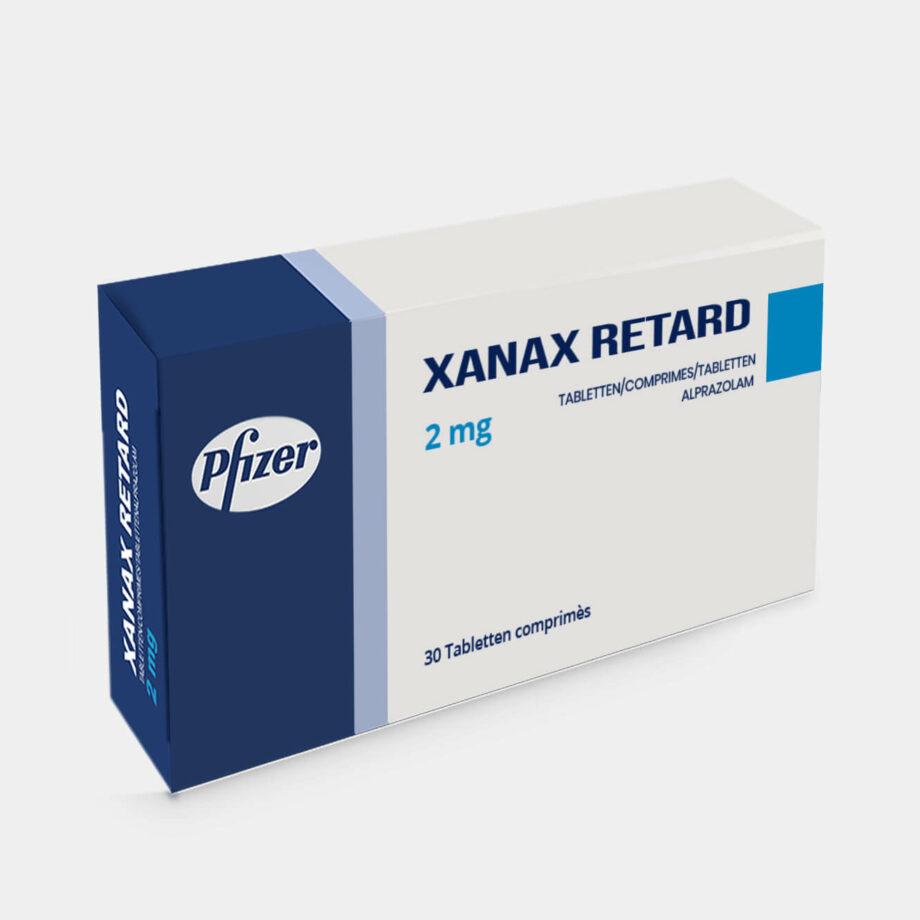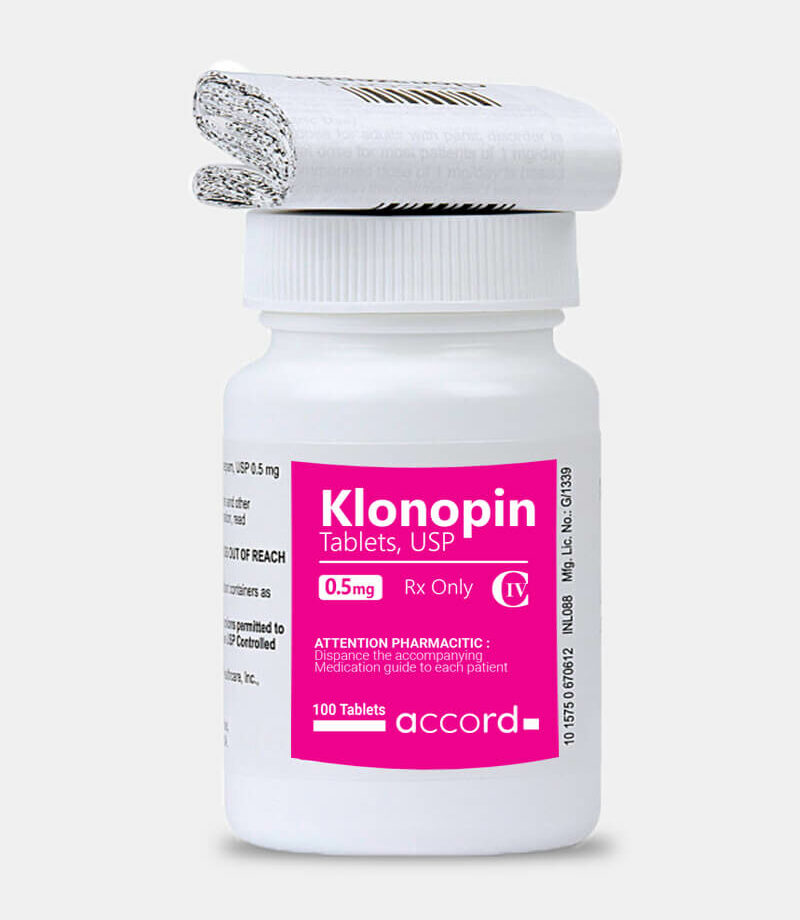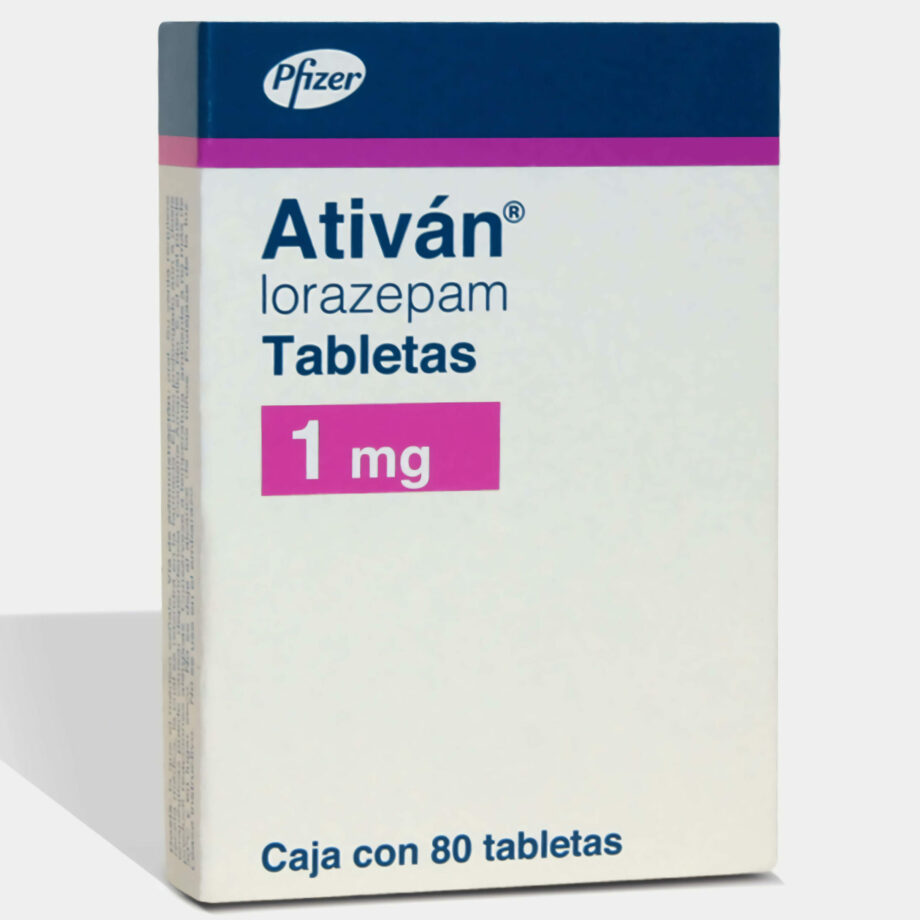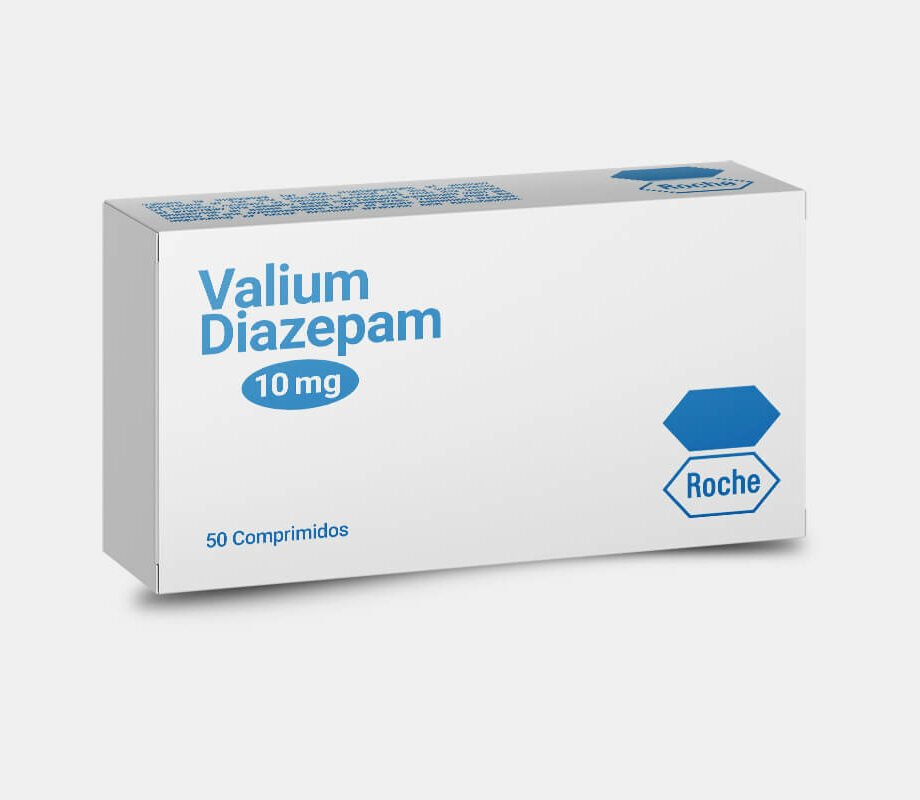How It Works
Clonidine works by acting on the brain’s central nervous system. It specifically targets the alpha-2 adrenergic receptors located in the brainstem. These receptors, when activated, inhibit the release of norepinephrine and other stimulatory neurotransmitters. This results in a reduction in nerve signals that typically increase blood pressure and heart rate.
For individuals with hypertension, this action helps lower blood pressure by relaxing the blood vessels and decreasing the workload on the heart. In patients with ADHD, clonidine can help manage hyperactivity and impulsivity by calming the overactive brain pathways associated with these symptoms. In addiction treatment, clonidine can reduce the severity of withdrawal symptoms, such as anxiety, agitation, and sweating, by modulating the autonomic nervous system.
Uses
Clonidine has a variety of uses, both for managing chronic conditions and for addressing specific symptoms. Common uses include:
- Hypertension (High Blood Pressure): Clonidine is often prescribed as part of a treatment plan for managing high blood pressure. It can be used alone or in combination with other antihypertensive medications.
- Attention-Deficit Hyperactivity Disorder (ADHD): Clonidine is sometimes prescribed for children with ADHD, especially when they do not respond well to stimulant medications like methylphenidate or amphetamines. It helps reduce hyperactivity and impulsivity and, in some cases, improves attention span.
- Opioid withdrawal: Clonidine is frequently used as part of opioid detoxification programs to alleviate withdrawal symptoms. It helps reduce the intensity of symptoms such as anxiety, sweating, muscle aches, and agitation.
- Pain Management: In certain cases, clonidine may be used off-label to help manage chronic pain, particularly pain associated with conditions like fibromyalgia or neuropathy. It can be part of a multi-faceted pain management strategy.
- Tic Disorders and Anxiety: Clonidine is also sometimes prescribed to help manage the symptoms of anxiety and tic disorders, as it can have calming effects on the central nervous system.
- Sleep Disorders: Some individuals, particularly those with ADHD or anxiety, may find clonidine helpful for promoting better sleep, as it has mild sedative properties.
Benefits
- Blood Pressure Control: Clonidine is effective in lowering blood pressure, which reduces the risk of heart attack, stroke, and kidney disease in individuals with hypertension. Promoting relaxation of the blood vessels helps lower the overall strain on the cardiovascular system.
- Improves ADHD Symptoms: In patients with ADHD, clonidine helps to reduce hyperactivity, impulsivity, and irritability. This can significantly improve daily functioning and the ability to focus on tasks.
- Relieves Withdrawal Symptoms: Clonidine is particularly beneficial for individuals undergoing opioid withdrawal. It helps to manage withdrawal symptoms like anxiety, sweating, agitation, and muscle aches, making the detox process more manageable.
- Calms Anxiety and Insomnia: By reducing sympathetic nervous system activity, clonidine can help alleviate symptoms of anxiety and promote better sleep, particularly in individuals with stress-related sleep disturbances.
- Multifaceted Pain Relief: Clonidine’s ability to alter nerve signaling can relieve certain types of pain, especially when used in combination with other pain management strategies.
- Long-Acting Effects: Clonidine is available in both immediate-release and extended-release formulations, making it adaptable for the long-term management of blood pressure or other conditions.
Side Effects
Like all medications, clonidine can cause side effects. Some of the most common side effects include:
- Drowsiness or fatigue
- Dry mouth
- Constipation
- Dizziness or lightheadedness
- Low blood pressure (hypotension)
- Headache
- Nausea
Serious side effects are less common but can occur, especially if the medication is stopped suddenly or if it is misused. These include:
- Severe low blood pressure or fainting
- Bradycardia (slow heart rate)
- Severe sedation or fatigue
- Withdrawal symptoms if discontinued abruptly (e.g., anxiety, agitation, increased blood pressure)
Notifying your healthcare provider if you experience any of these side effects, particularly if they are severe or persistent, is essential.
Recommendations for Use and Safety Precautions
- Follow Prescribed Dosage: Clonidine should be taken exactly as your healthcare provider prescribes. Do not adjust your dose without consulting your doctor, as this can cause adverse effects, including severe low blood pressure or withdrawal symptoms.
- Do Not Stop Suddenly: If you need to discontinue clonidine, your doctor will provide a tapering schedule. Stopping clonidine abruptly can cause a sudden spike in blood pressure, which could be dangerous.
- Monitor Blood Pressure: Regularly monitor your blood pressure, especially if you take clonidine for hypertension. This will help your healthcare provider adjust your treatment as necessary.
- Alcohol and Sedatives: Clonidine can enhance the effects of alcohol and other sedative medications, leading to excessive drowsiness or even respiratory depression. Avoid alcohol and use other sedatives cautiously.
- Kidney and Liver Health: If you have kidney or liver problems, inform your doctor, as these conditions may affect how clonidine is processed.
- Caution in Elderly Patients: Older adults may be more sensitive to the effects of clonidine, including dizziness and low blood pressure, and may require dose adjustments.
- Pregnancy and Breastfeeding: The safety of clonidine during pregnancy and breastfeeding has not been fully established. It is important to discuss the risks and benefits with your healthcare provider if you are pregnant, planning to become pregnant, or breastfeeding.
Frequently Asked Questions (FAQs)
How long does it take for clonidine to work?
Clonidine usually starts to lower blood pressure within a few hours of taking it, though it may take several days to see the full therapeutic effect for blood pressure control.
Can clonidine be used for ADHD in children?
Yes, clonidine can be prescribed for children with ADHD, particularly when other stimulant medications are not effective or cause undesirable side effects.
Can I use Clonidin for anxiety?
Clonidine may help reduce anxiety, particularly in individuals with ADHD or those undergoing opioid withdrawal. However, it is not typically the first choice for generalized anxiety disorder.
Can clonidine be used for pain management?
Yes, clonidine is sometimes used off-label for pain management, particularly for nerve-related pain, but it is usually part of a broader treatment plan.
Can clonidine cause weight gain?
Weight gain is not a common side effect of clonidine, but some individuals may experience changes in appetite or metabolism.
Is clonidine safe for long-term use?
Clonidine can be used long-term for hypertension or ADHD, but it should be monitored regularly to ensure it is working effectively and that side effects are managed.
How long does it take to deliver Clonidine to the US?
International shipping of Clonidine to the US takes approximately 14 to 25 days. For domestic shipping, the estimated delivery time is up to 10 days.
Do I need a prescription to buy Clonidine?
While we offer the option to buy Clonidine without a prescription internationally, we strongly recommend consulting your physician and seeking medical advice before taking any medication.
Important Note:
Purchasing Clonidine online from USA-Pharmacy is simple and secure for US customers. It accepts trusted payment methods like Visa, Mastercard, and PayPal, which protect transactions and keep information safe. Customers benefit from guaranteed delivery, with a full refund offered if orders do not arrive as expected, fostering trust in online medication purchases. Responsive customer support is available via email at [email protected], typically responding within 48 hours to any medication or order status questions.
